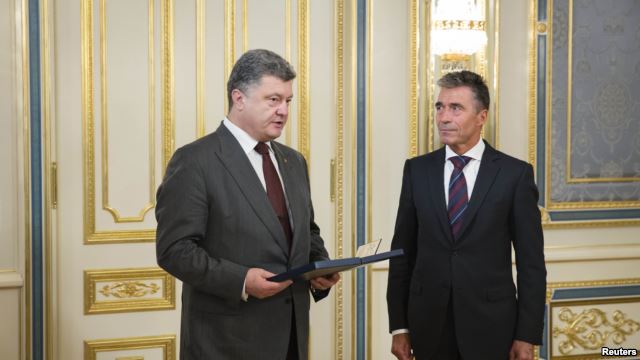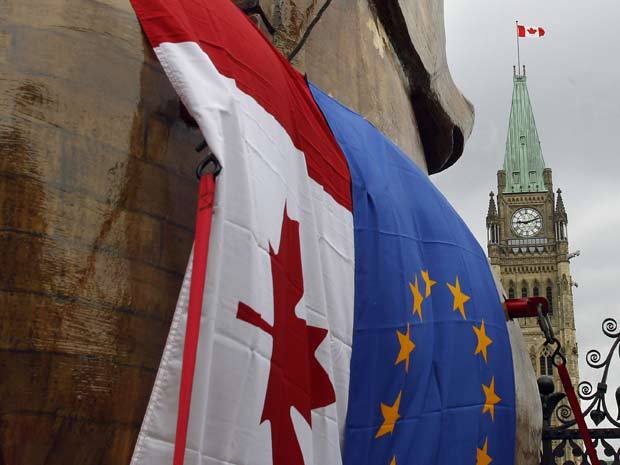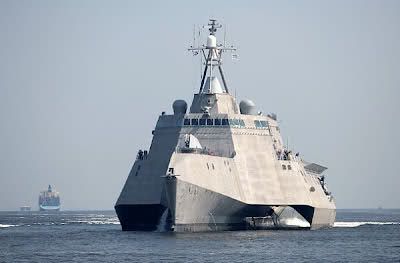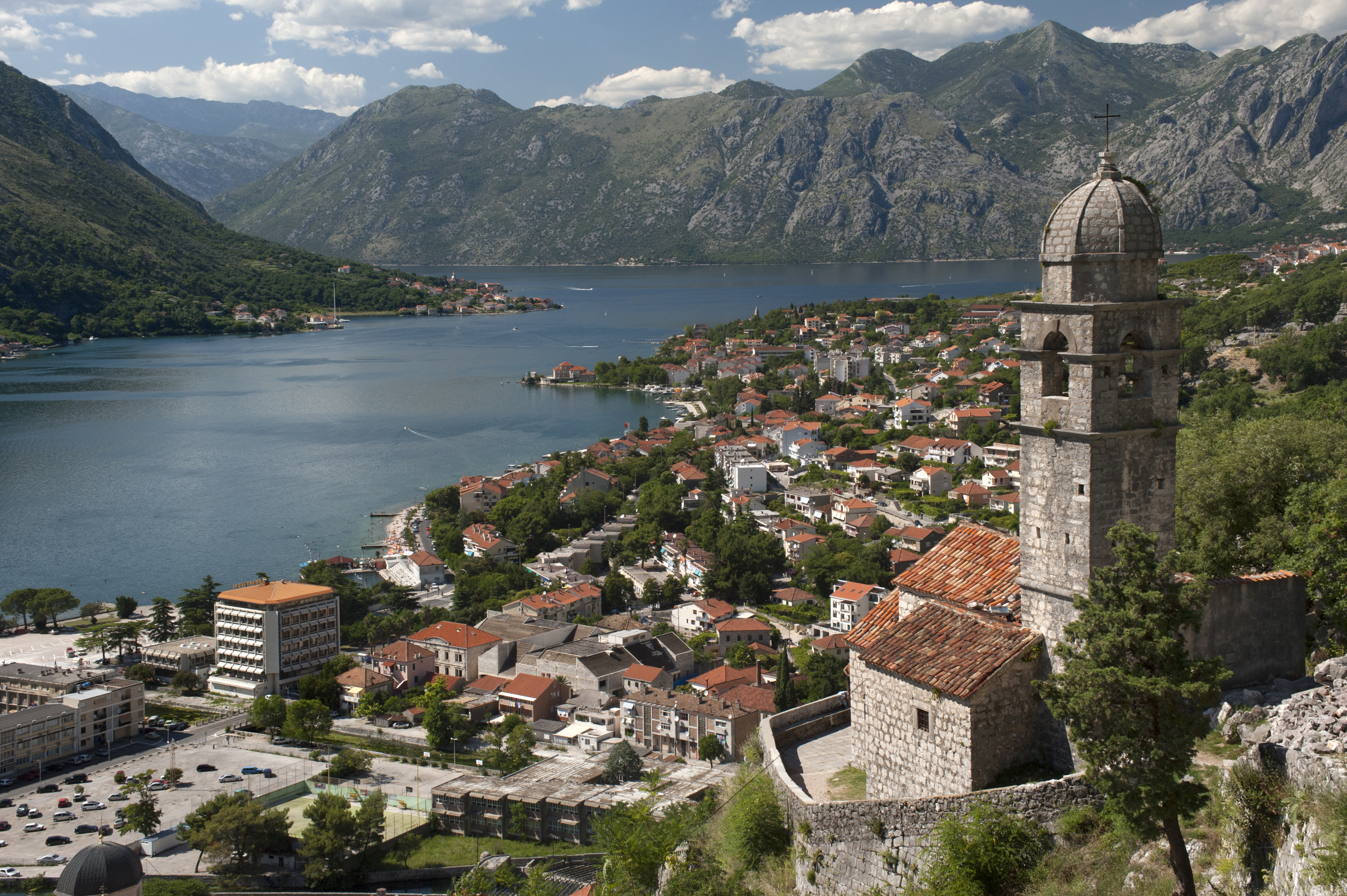This is the transcript from the ‘Joint Press Conference with the NATO Sec-Gen and the President of Ukraine’ on Thursday, September 04, 2014.
Rasmussen: We’ve just had an important meeting with Pres. Poroshenko on the great crisis in Ukraine. Russia is now fighting against Ukraine in Ukraine. Russian troops and Russian tanks are attacking the Ukrainian forces. And while talking about peace, Russia has not made one single step to make peace important. Instead of de-escalating the crisis, Russia has only deepened it. What is happening in Ukraine has serious implications for the security and stability of the whole of the Euro-Atlantic area. We stand united in our support of Ukraine’s sovereignty and territorial integrity within its internationally-recognized borders. We strongly condemn Russia’s repeated violation of international law. Russia must stop its aggressive actions against Ukraine, withdraw its thousands of troops from Ukraine and the border region and stop supporting the separatists in Ukraine.
We call on Russia to reverse its illegal and illegitimate self-declared annexation of Crimea, which we do not and will not recognize. This is the first time since the end of WWII that one European country has tried to grab another’s territory by force. Europe must not turn away from the rule of law to the rule of the strongest. This is vital for peace and security in the world. Ukraine has been an important and distinctive NATO partner for many years. We highly value Ukraine’s contributions to our operations and the NATO Response Force. Ukraine has stood by NATO.
Now, in these difficult times, NATO stands by Ukraine. Our support is concrete. We have established a comprehensive and tailored package of measures so that Ukraine can better provide for its own security. We will focus on cyberdefence, logistics, and command, control and communications. We will also help with rehabilitation for troops injured in conflict. We will provide advice to help Ukraine with defence reforms. And Allies will assist Ukraine with around 50 million euros through NATO and in addition to that, we have heard several announcements of bilateral assistance: financially and in other ways. An independent, sovereign, and stable Ukraine fully committed to democracy and the rule of law is key to Euro-Atlantic security. That is NATO’s goal and I know that that is your goal too, Mr. President.
Poroshenko: Thank you very much indeed, dear Secretary-General, your excellencies, ladies, and gentlemen. I’m really glad to let you know that we have opened a very substantial discussion of NATO-Ukraine Commission itself today. I’ve never felt such a strong, enormous support, [from] all the leaders of the countries, heads of the government, and the representatives of the people of the NATO member states, as was demonstrated today—for Ukraine. It is definitely a landmark event, the highest level during the 20 year history of the partnership between Ukraine and NATO. This partnership has always been an essential factor for the international and regional security and stability. The security and stability which are brutally undermined by Russian aggression. And every single head of state and head of the government stressed the importance of unity and solidarity in Ukraine, that NATO should demonstrate today.
From the very beginning, [the] Alliance has been standing by Ukraine, supporting it politically and practically to the maximum extent possible. This stand was reaffirmed today by heads of states and governments of NATO member states. We are also grateful to NATO and individual Alliance [members] for the practical help and assistance provided to Ukraine in the recent months: humanitarian assistance, advisory support, medical treatment of the injured Ukrainian servicemen, etc. At the meeting, many Allies declared additional practical support to Ukraine to be provided on a bilateral basis, including commitments to contribute newly-established defence capacity-building trust funds; and also, which is very important, to rehabilitate the injured Ukrainian servicemen; bilateral military technical cooperation on non-lethal and lethal items. A friend in need is a friend indeed. And that was a very strong demonstration of the solidarity [towards] Ukraine.
Completely new security situation created by this aggression caused for our joint-action to counter the emerging security challenges, including hybrid warfare, threats and thus, shape a new strategic framework for NATO-Ukraine cooperation. We held a frank exchange of views on current and future NATO-Ukraine cooperation in this new security environment. We agreed that our further cooperation will be focused on achieving full interoperability between Ukraine and NATO and developing joint capabilities in military and defence security sectors. We will strengthen our intensive cooperation with NATO in the defence and security sector through the development and capacity-building programs focusing on reform of Ukrainian armed forces and other security structures available.
The second important element of the new NATO-Ukraine cooperation strategic framework is Ukrainian participation in partnership inter-operability initiative. This will allow us to maintain a high level of inter-operability between Ukraine and NATO forces, achieved through the continuous participation of our national contingent in the NATO-led mission and operatives, joint military exercises, and the NATO Response Force.
[The] last but not least element of our new framework: further deepening of NATO-Ukraine distinctive partnership. We consider this partnership an integral part of Ukraine-European integration course. The main implementation will be implementing wide-ranging EU-integration related reform, Ukraine will further pursue the goal of the annual national program for NATO-Ukrainian cooperation along with other existent tools and mechanism. Such a approach will create necessary synergy between Ukraine-European integration and Euro-Atlantic cooperation thus. Thank you very much for your attention.




